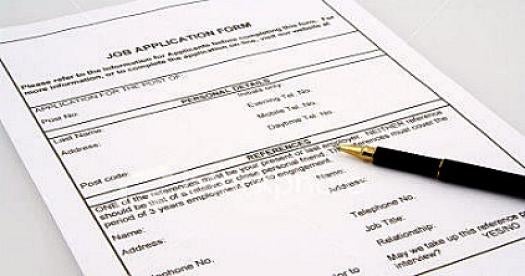On March 13, 2018, Washington Governor Jay Inslee signed bill HB 1298, the Washington Fair Chance Act (“Act”), which prohibits employers from asking job applicants about arrests or convictions until after the employer has determined that the applicant is “otherwise qualified” for the job. The Act goes into effect on June 7, 2018.
The new law rounds out “ban-the-box” legislation on the West Coast and makes Washington the eleventh state nationwide to enact a “ban-the-box” law that covers both public and private sector employers. Under the Act, “employer” is defined broadly to include “public agencies, private individuals, businesses and corporations, contractors, temporary staffing agencies, training and apprenticeship programs, and job placement, referral, and employment agencies.”
Specifically, the Act makes it unlawful for employers to seek information from individuals about their criminal record, orally or in writing, prior to determining that the applicant is otherwise qualified for the position. An individual is “otherwise qualified” if he or she meets the “basic criteria for the position as set out in the advertisement or job description without consideration of a criminal record.” Once an employer determines that the applicant is otherwise qualified for the position, it may inquire into or obtain information about the candidate’s criminal record.
Additionally, the Act prohibits employers from doing any of the following prior to determining an individual’s qualifications:
-
Including questions on employment applications inquiring into an applicant’s criminal record (arrests or convictions).
-
Obtaining information through a criminal history background check.
-
Advertising employment openings in a manner that excludes people with criminal records from applying (e.g., ads stating “no felons” or “no criminal records”).
-
Implementing policies that automatically or categorically exclude individuals with a criminal record from consideration for employment.
The Act contains exemptions for employers:
-
Hiring individuals who would have unsupervised access to children under the age of 18 or vulnerable persons.
-
That are expressly permitted or required to consider an applicant’s criminal record under federal or state law.
-
Hiring nonemployee volunteers.
-
That are required to comply with the rules or regulations of a self-regulatory organization, as defined in section 3(a)(26) of the Securities and Exchange Act of 1934.
Notably, the Act does not require employers to “provide accommodations or job modifications in order to facilitate the employment or continued employment of an applicant or employee with a criminal record or who is facing pending criminal charges.”
Further, the Act permits cities and other localities to enact “ban-the-box” laws that provide “additional protections to applicants or employees with criminal records.” Thus, for example, Seattle’s more restrictive “ban-the-box” law will remain in effect. Unlike the Act, Seattle’s law requires an employer to give an applicant the opportunity to explain his or her criminal record before taking any adverse action against the applicant based on that record. Accordingly, employers are advised to review and, if necessary, conform their current policies to both the Act and any applicable local law.
Doria Asen contribured to this post.





 i
i


